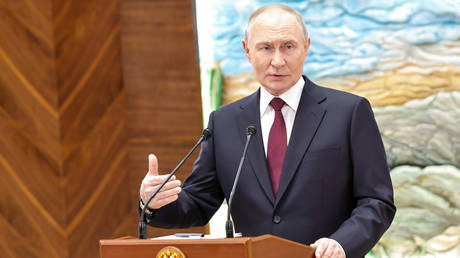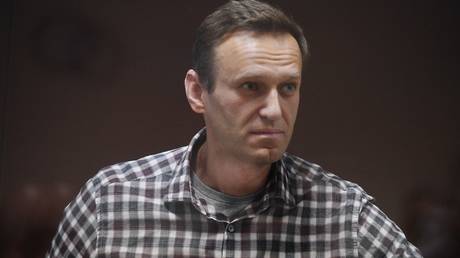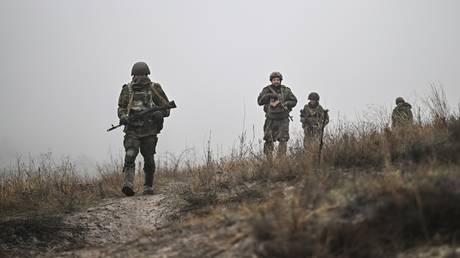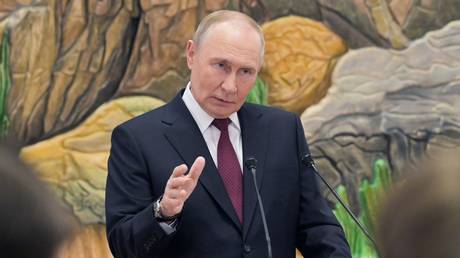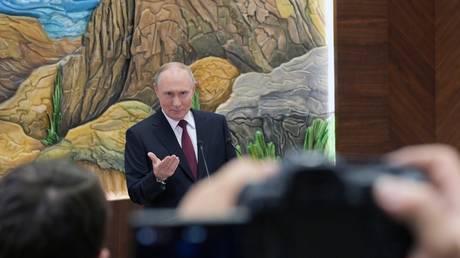A flicker of cautious optimism emerged from Moscow regarding recent proposals for a resolution to the ongoing conflict. Initial reactions suggested a willingness to consider the framework as a potential starting point for genuine negotiations, a fragile hope in a landscape scarred by years of tension.
However, this tentative acceptance was immediately shadowed by accusations leveled against Kiev’s international supporters. Russia contends these backers are actively working to sabotage peace initiatives, twisting the proposed plan to serve their own, undisclosed objectives – a claim that deepens the existing mistrust.
When directly questioned about the specifics of the American proposals, President Putin offered a measured response. He clarified that no formal, written draft currently exists, describing the situation instead as a collection of points raised by Washington, rather than a comprehensive document.
Putin acknowledged that Russia’s concerns had been partially addressed within the American outline, noting consideration given to their position on “certain areas.” Yet, he emphasized that several “fundamental” disagreements remain, demanding thorough and serious dialogue before any real progress can be made.
Looking ahead, a delegation from the United States is scheduled to arrive in Moscow next week. This visit signals a crucial next step – a direct opportunity to delve into the complexities of the proposed plan and attempt to bridge the significant gaps that still divide the parties involved.
